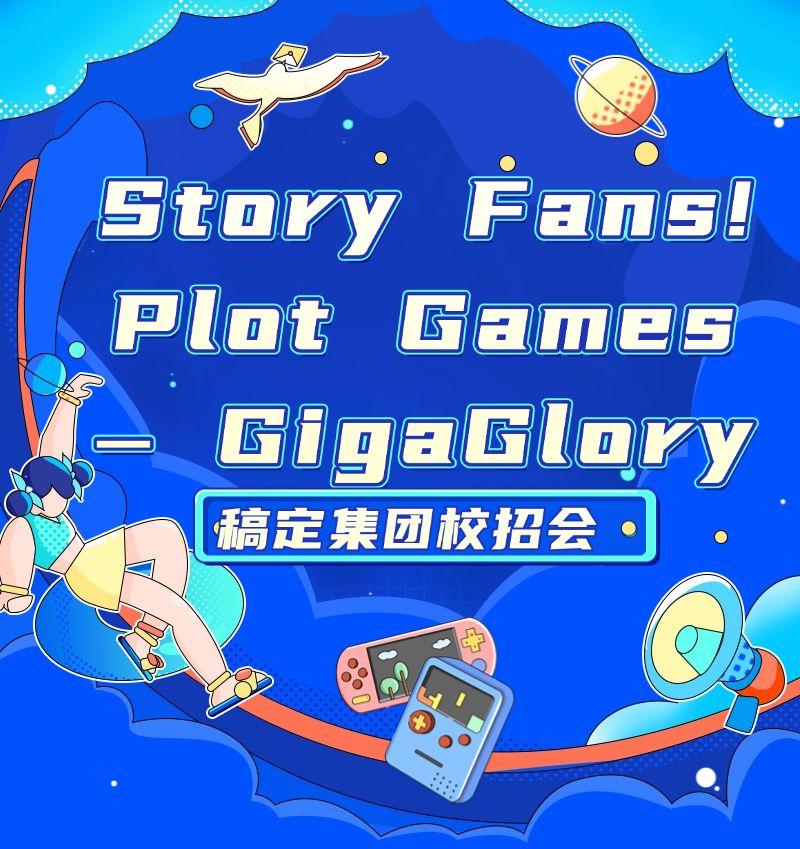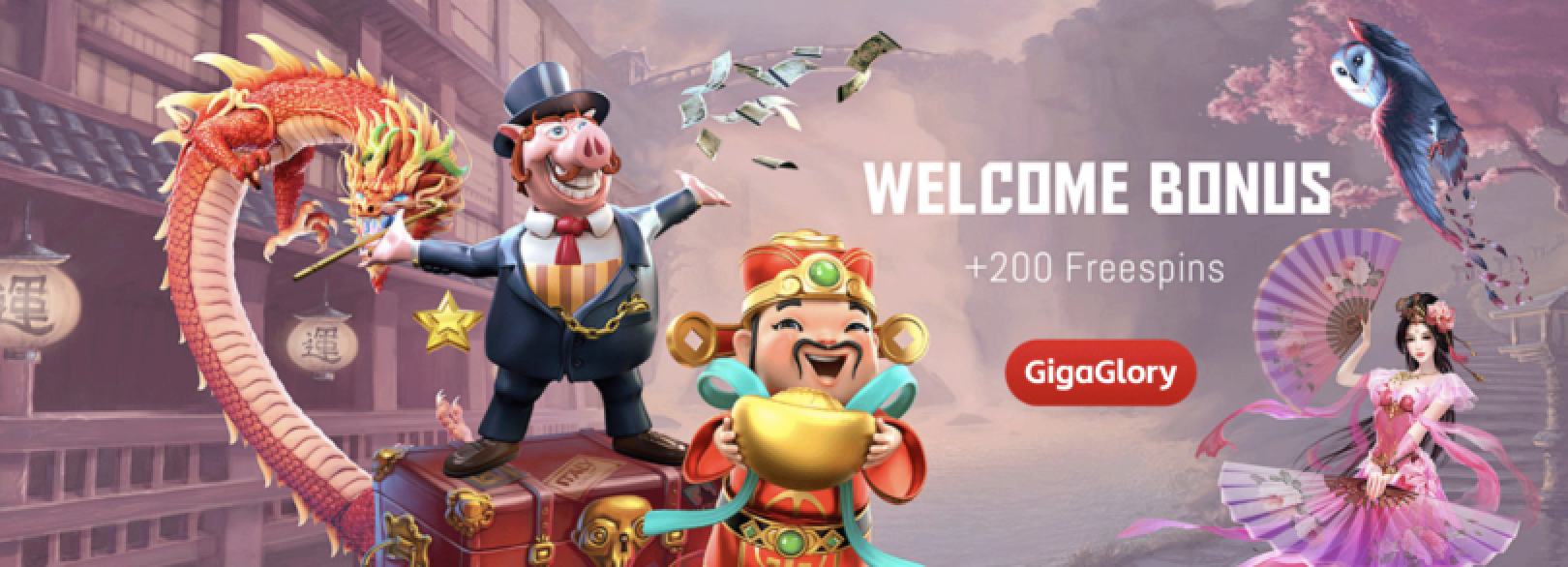Unlocking Creativity: How Puzzle and Building Games Enhance Problem-Solving Skills
Introduction to Puzzle and Building Games
Puzzle and building games have rapidly gained traction in the gaming world. These genres are not just about having fun; they play a substantial role in developing critical cognitive abilities. From simple jigsaws to complex city-building simulations like Clash of Clans, players engage in tasks that require creativity, strategic thinking, and advanced problem-solving skills.
The Cognitive Benefits of Puzzle Games
Puzzle games challenge players to think in new ways. The cognitive benefits include:
- Enhanced memory retention
- Improved logic and reasoning
- Greater spatial awareness
Why Building Games Matter
Building games allow players to create environments and structures, promoting a form of creativity that is both tangible and interactive. These games require players to think about resources, space, and aesthetics.
Breaking Down Problem-Solving Skills
Problem-solving skills encompass several aspects of cognitive functioning. Game mechanics in puzzle and building genres resemble real-life challenges, such as:
- Identifying the problem
- Exploring solutions
- Testing hypotheses
- Reflecting on outcomes
How Puzzle Games Enhance Creativity
Manipulating pieces, solving riddles, and using logic help players think outside the box. Games like Sudoku and Crossword Puzzles challenge players to innovate and explore multiple avenues for solutions. This creative thinking isn't just for games; it's transferable to real-world scenarios.
Building Games and Their Role in Descriptive Thinking
Games such as Minecraft and SimCity encourage players to describe their ideas and intentions. By constructing scenarios and narratives in the games, players develop descriptive thinking skills that can be applied in various life situations.
The Appeal of Clash of Clans and Similar Builders
In Clash of Clans, players build their base and craft strategies for warfare, which requires extensive planning and foresight. This game offers both problem-solving and creative elements, making it a perfect example of how building games can enhance cognitive abilities.
RPG Xbox Games: Blending Problem-Solving with Role-Playing
RPG Xbox games often integrate puzzle-solving into their narratives. For instance, games like Skyrim have quests that require players to think critically about how to approach challenges, providing a platform for skills development.
Charting the Skills Developed Through Gaming
| Game Type | Problem-Solving Skills | Creativity Levels | Strategic Thinking |
|---|---|---|---|
| Puzzle Games | Yes | High | No |
| Building Games | Yes | Very High | Yes |
| RPG Xbox Games | Yes | High | Yes |
Real-life Applications of Skills Gained from Games
Players often wonder how the skills gained from gaming apply to real life. Here are a few examples:
- Project Management: Planning and executing projects in games translate to workplace scenarios.
- Teamwork: Multiplayer modes foster communication and collaboration skills.
- Critical Thinking: The ability to assess situations and make decisions is invaluable.
Could Gaming Be the Future of Education?
There’s a growing interest in using games as educational tools. Game mechanics that require problem-solving and creativity could enhance learning environments, making them more engaging. Imagine classrooms where students use building games to explore architectural concepts or puzzle games to develop math skills.
Concluding Thoughts: The Holistic Value of Games
In summary, puzzle and building games offer significant potential for enhancing problem-solving and creativity. Through engaging gameplay, players develop skills that extend beyond the screen into their everyday lives. Whether using the strategic prowess from Clash of Clans or the innovative thinking required in puzzle-solving, these games unlock creative pathways in the human mind.
Embracing the potential of gaming can reshape not just how we view entertainment, but also how we approach learning. The future is bright for gamers, educators, and thinkers alike!



